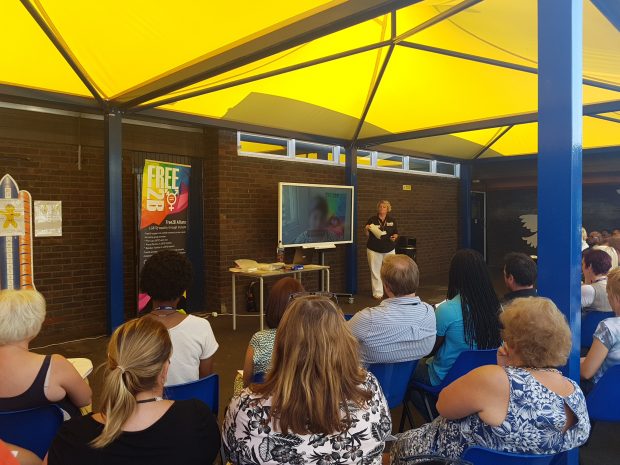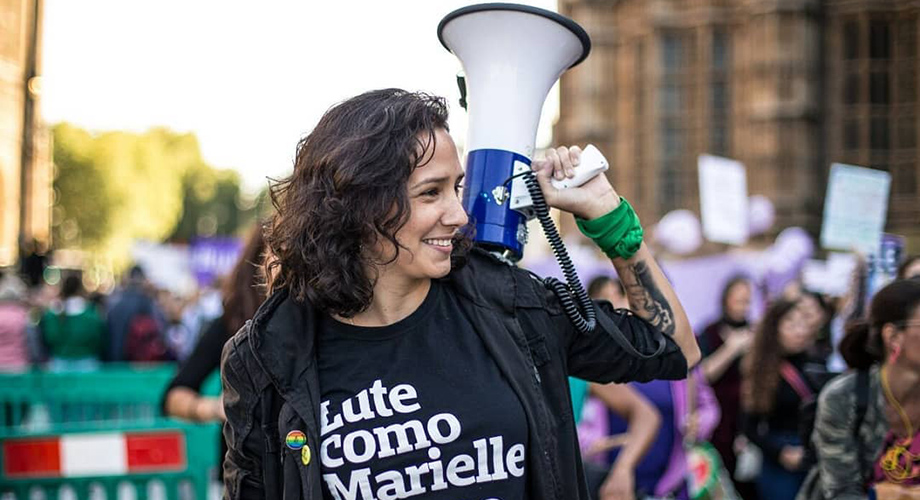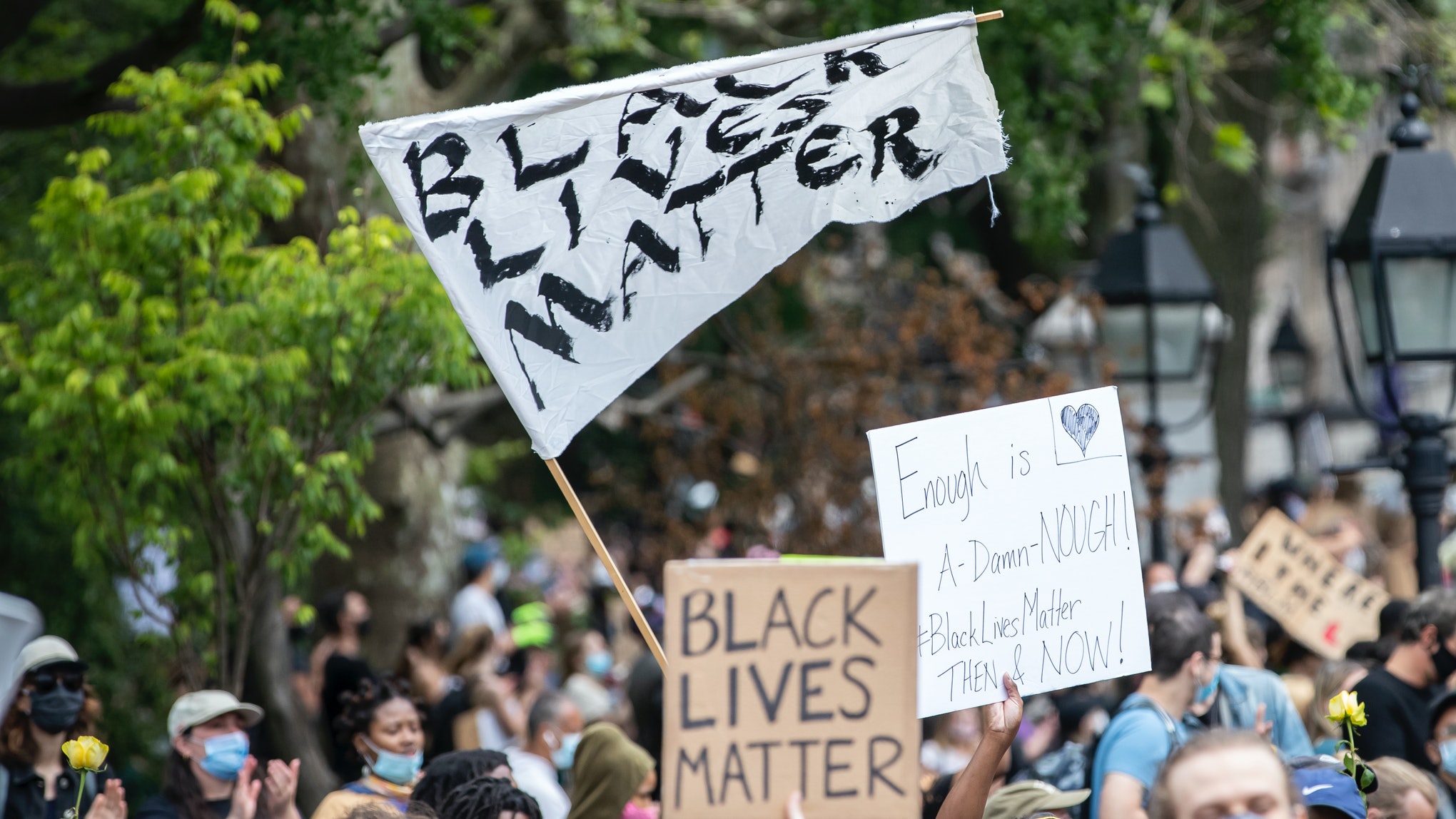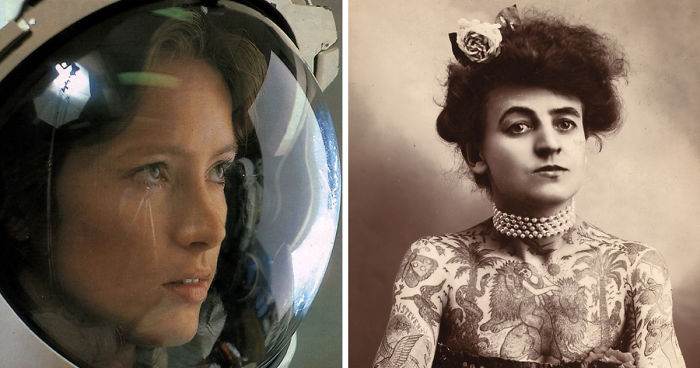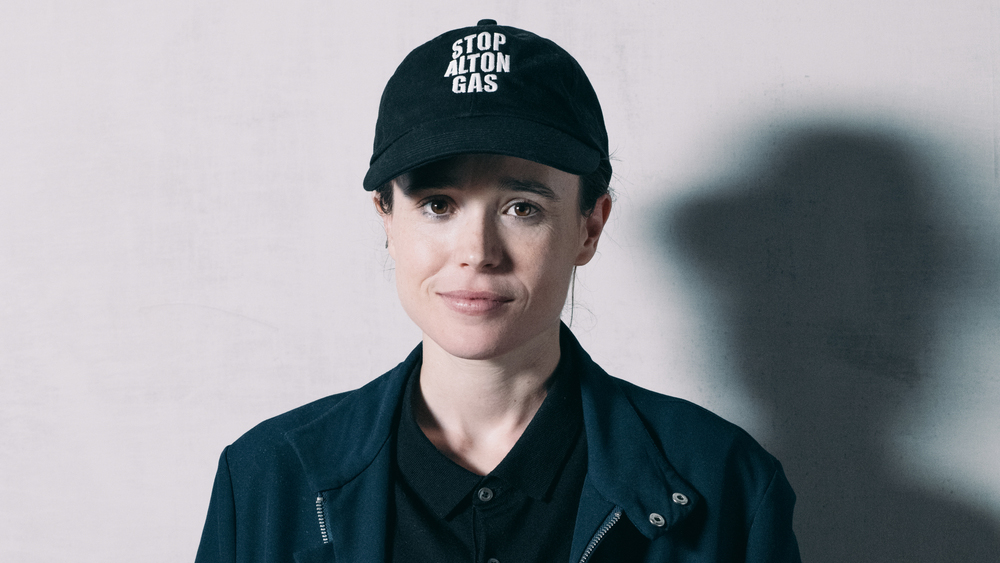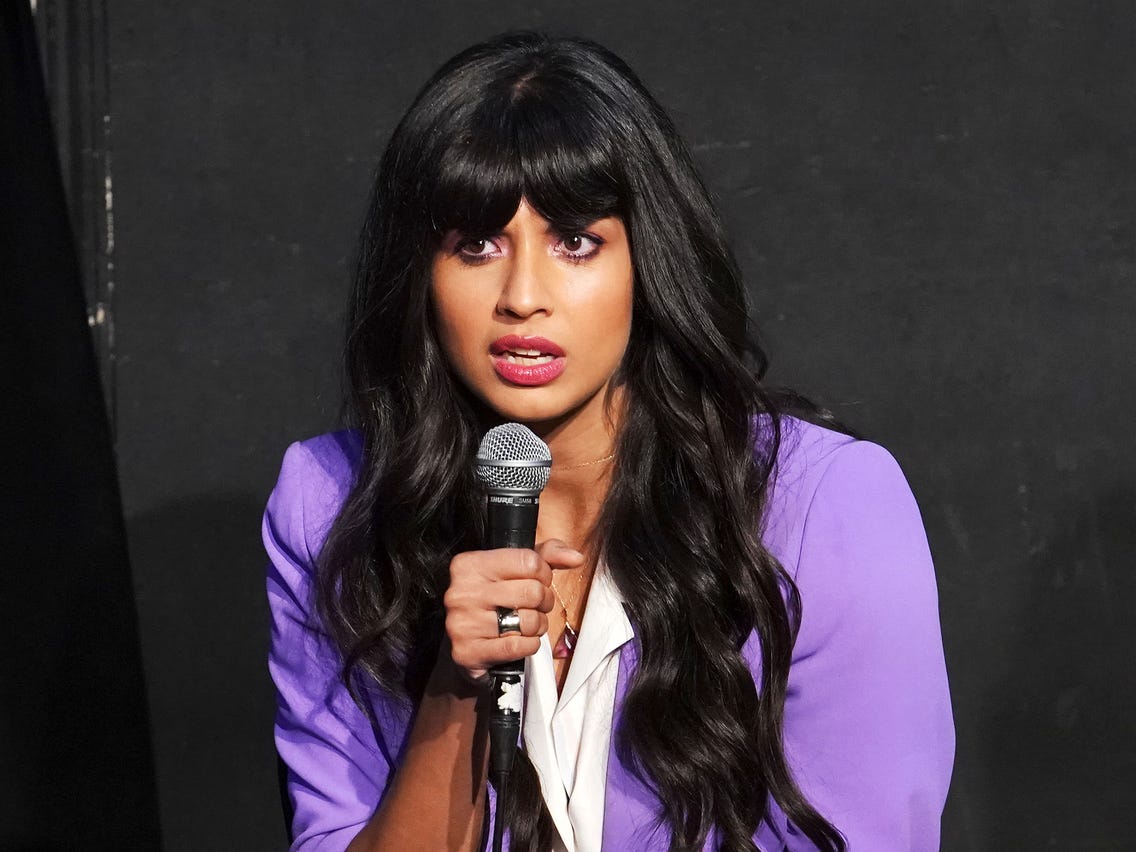A new study, published this year by a New York University found that queer women were less likely to get a job interview than straight women.
The author of the study, Emma Mishel, created two fictitious CVs, which detailed different but similar qualifications for two different women.
The two women were assigned common white names, as to not conflate other forms of discrimination.
They also shared the following qualifications: College graduates (from Cornell and Columbia), a few years of relevant work experience, study abroad experience, and high grade point averages. The only difference in the resumes was that one had a secretarial position at her university’s LGBTQ organisation, while the other had no such experience or any affiliation with an LGBTQ organisation or cause.
For her study, Mishel sent out more than 1,600 CVs over a three-month period to administrative positions in New York, Virginia, Tennessee, and Washington, D.C.
These regions were chosen carefully because they accurately represent the diverse makeup of the United States.
The result for this research was shocking pretty shocking. There was a clear biased, and out of the 775 CVs sent out on behalf of each fictitious woman, the straight applicant got 130 call-backs, while the queer applicant got 94 call-backs — that’s a 5% difference.
What was probably more shocking was were the places perceived to be “Gay Friendly” didn’t actually seem that way at all. In Washington, D.C. and New York, both considered inclusive and queer-friendly spaces, showed the same biased.
One myth this study debunked effectively is that the existence of LGBTQ legislation in a state doesn’t necessarily mean discrimination doesn’t exist in important spaces.
Mishel’s study isn’t the first to examine LGBTQ discrimination in the job application process; in 2010, John Bailey did a resumé audit where he tried to find if gay men and lesbian women were discriminated against disproportionately when applying to jobs.
His results were surprisingly different than Mishel’s, however: His study found no discrimination in the workplace based on sexual orientation. But Mishel notes in her discussion of experiment design that Baily’s results might have something to do with his selection of test cities — he used Philadelphia, Chicago, Dallas, and San Francisco, all areas with thriving queer populations and generally areas that politically align with the left.
Overall these studies shows us the importance of incorporating and encouraging equality and diversity in all aspects of life.
Granting us the right to marry does not mean its ok to make cuts in other areas such as employment, especially when employment creates stability and livelihood. We have to do better.
[interaction id=”560c2d3377aa6c1a034e607b”]


